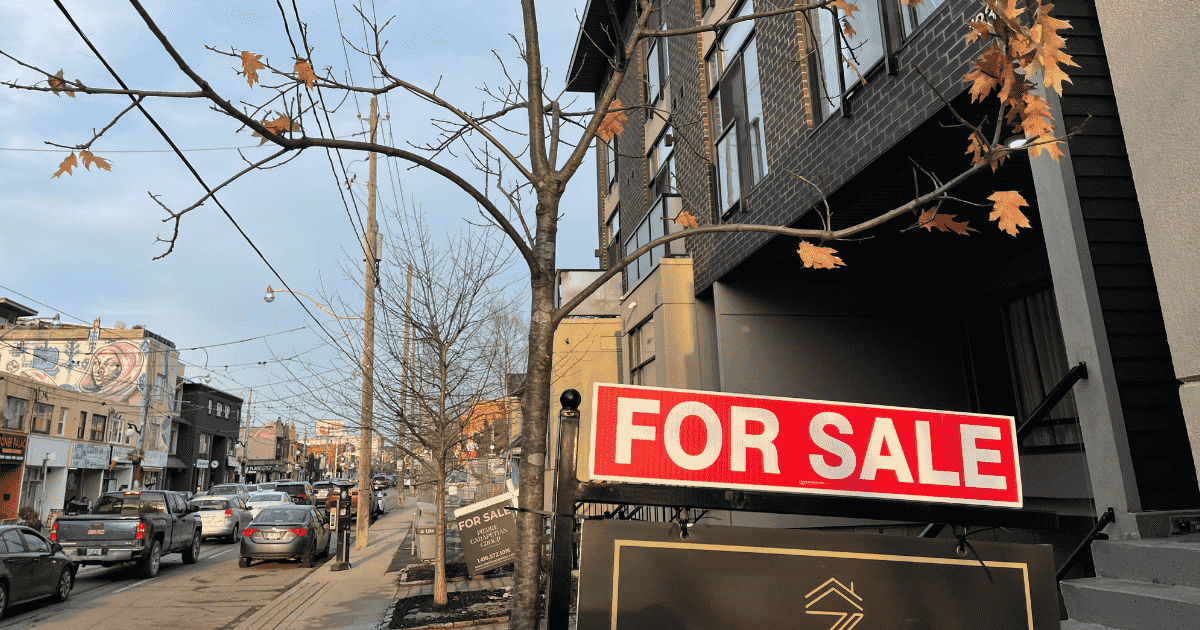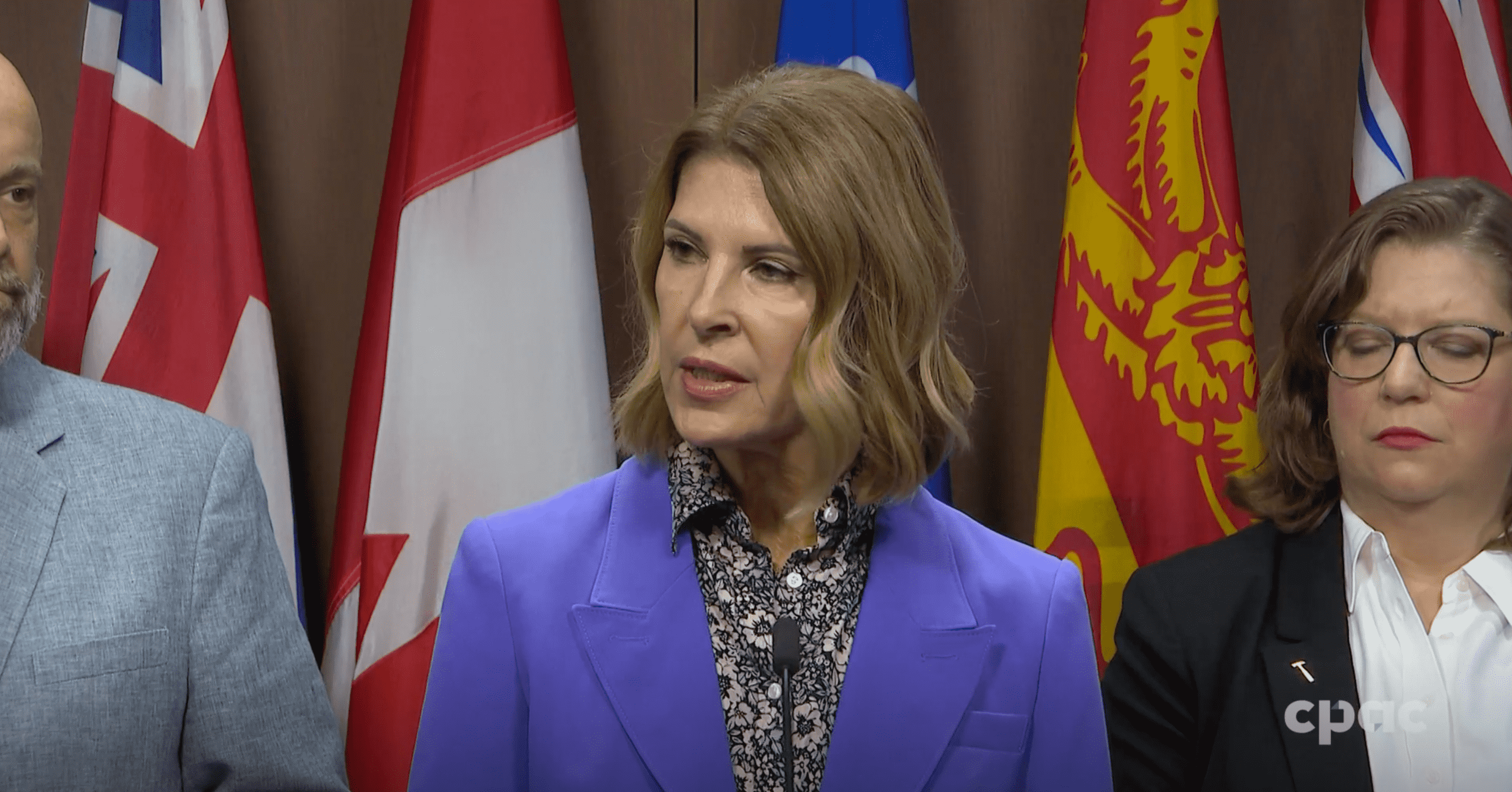A recent survey by Leger, commissioned by Re/Max Canada, found that 85 per cent of Canadians believe there is currently a housing affordability crisis and 55 per cent of Canadians say that the most important aspect of a national housing strategy is to include more supply and affordable housing options.
Elton Ash, regional EVP of Re/Max of Western Canada, says the lack of housing inventory in Canada is getting worse. “The near-term future is it’s going to continue being a supply shortage and prices will continue to escalate,” he says.
“Canadians are concerned and they rightly should be,” he says. “There needs to be a strategy placed before Canadians by the parties running for government and that strategy has to include several things, because it’s not just a federal government issue. All levels of government have to be involved, but the federal government has to take a leadership role.
“During this election the parties need to be exhibiting what that leadership role should be rather than simply vying for votes and attacking foreign buyers, for example,” says Ash. “The survey showed that the majority of Canadians see foreign buyers as negatively influencing home prices in Canada and yet the reality is that they’re an extremely small segment of the entire market. So why do Canadians think that? Well, it’s because that’s what the parties say. It gets votes. Rather than really trying to get to the difficult heart of the matter, which is looking at supply issues.”
Re/Max is calling for the newly appointed federal government to lead a collaborative national housing strategy across all levels of government.
The Re/Max survey also found:
- 73 per cent of Canadians believe home ownership is one of the best investments and 34 per cent say they wish they were able to afford a home;
- 79 per cent of Canadians are concerned about the state of Canada’s housing market with rising prices and little affordability; and
- Canadians believe the top five reasons for the current state of the housing market are: too many foreign buyers (48 per cent); lack of income/wage increases (40 per cent); lack of housing supply (36 per cent); blind bidding (26 per cent) and lack of government strategy/policy (25 per cent).
Ash says there have simply not been enough new homes built in recent years across the country to keep pace with the demand.
“When I talk about leadership, it’s for the federal government to really take a role in bringing all three levels of government together. Canadian governments are famous for Royal Commissions and that’s not what we’re asking for,” he says. “We are asking for a thoughtful process being put in place.
“What the federal government could certainly be doing is incentivizing development of land, providing as an example federal tax breaks. To get more supply, you need land developed. The provincial governments can then get involved in assisting as well and the municipal governments with zoning and red tape . . . You have to have a long-term strategy. So there has to be this understanding of working together from a long-term point of view.”
The consequences of not acting now on this issue, says Ash, will be continued uncertainty as to where this housing market is headed.
“The good news, putting the election aside, is we are into the seasonal, what we might say is a historically normal market and everything is cyclical . . . The issue of nothing being done is that this cycle will continue and that we have to have a long-term strategy in place just to give confidence to Canadians that their elected officials at all levels of government are aware and are acting as they should to address affordability and housing supply,” he says.
In another recent survey by Royal LePage Canada, 84 per cent of respondents said they are concerned that, with rising home prices, an increasing number of Canadians will never be homeowners; that number is even higher among those who say a candidate’s position on housing affordability will influence their vote (96 per cent.).
The survey also found that 57 per cent of Canadians aged 18-34 say a candidate’s position on tackling housing affordability will influence their vote in the upcoming federal election (40 per cent overall) and 47 per cent of Canadians with children in their household say a candidate’s position on tackling housing affordability will influence their vote, compared to 38 per cent of those without children in the home.

Mario Toneguzzi is a contributing writer for REM. He has more than 40 years of experience as a daily newspaper writer, columnist, and editor. He worked for 35 years at the Calgary Herald, covering sports, crime, politics, health, faith, city and breaking news, and business. He now works on his own as a freelance writer for several national publications and consultant in communications and media relations/training. Mario was named in 2021 as one of the Top 10 Business Journalists in the World by PR News – the only Canadian to make the list.

















